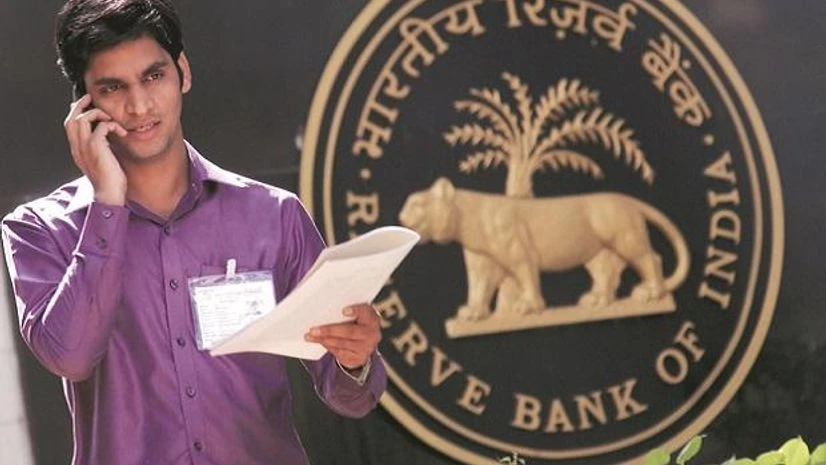The Reserve Bank on Friday retained the GDP forecast for the current financial year at 9.5 per cent and flagged global semiconductor shortages, elevated commodity prices and potential global financial market volatility as downside risks to economic growth.
In his address after the three-day meeting of the rate-setting panel, RBI Governor Shaktikanta Das said recovery in aggregate demand gathered pace in August-September, and it is reflected in high-frequency indicators, like railway freight traffic; port cargo; cement production; electricity demand; e-way bills; GST and toll collections.
"The ebbing of infections, together with improving consumer confidence, has been supporting private consumption," he said, and added the pent-up demand and the festival season should give further fillip to urban demand in the second half of the financial year.
Also, rural demand is expected to get impetus from continued resilience of the agricultural sector and record production of kharif foodgrains in 2021-22 as per the first advance estimates.
Das also said the improved level in reservoirs and early announcement of the minimum support prices for rabi crops has boosted the prospects for rabi production. The support to aggregate demand from government consumption is also gathering pace.
Also Read
The Governor said critical support to aggregate demand also came from exports, which remained in excess of USD 30 billion for the seventh consecutive month in September 2021, reflecting strong global demand and policy support. Further, recovery in the services sector is also gaining traction.
"Impact of elevated input costs on profit margins, potential global financial and commodity markets volatility and a resurgence in COVID-19 infections, however, impart downside risks to the growth outlook," Das said while retaining the projection for real GDP growth at 9.5 per cent in 2021-22.
He said the economic growth is projected at 7.9 per cent in the second quarter; 6.8 per cent in third quarter and 6.1 per cent in January-March quarter of 2021-22.
The National Statistical Office, the official agency of the government, on August 31, had said the real GDP growth for the first quarter of 2021-22 was at 20.1 per cent.
The RBI projected the GDP growth for the first quarter of the next financial year at 17.2 per cent.
In its June policy review, the central bank had lowered the country's growth projection for the current financial year to 9.5 per cent from 10.5 per cent estimated earlier.
Das also said improvement in government capital expenditure, together with congenial financial conditions, could bring about an upturn in the much-awaited virtuous investment cycle.
Quoting a RBI survey, he said capacity utilisation in the manufacturing sector, which declined sharply in April-June period of 2021-22 under the second wave, is assessed to have recovered in the second quarter and further improvement is expected in the ensuing quarters.
(Only the headline and picture of this report may have been reworked by the Business Standard staff; the rest of the content is auto-generated from a syndicated feed.)

)
